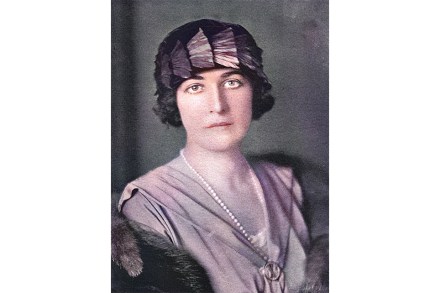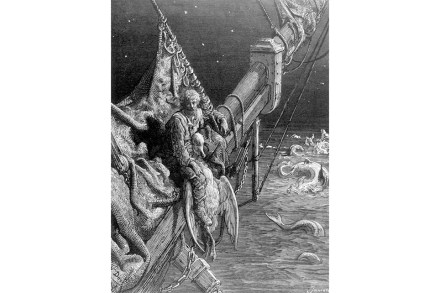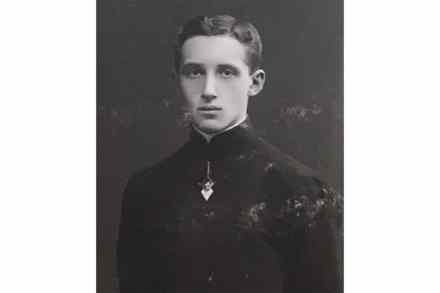On the trail of a missing masterpiece: What We Can Know, by Ian McEwan, reviewed
Ian McEwan delivers pleasure on the page with the ticktock reliability of an expensive Swiss watch. Even the lesser novels are immaculately written and cleverly plotted, full of provocative ideas, captivating characters and compelling incidents. In the better novels, he achieves a kind of elevated self-awareness, a supercharged intelligence that gives the fiction what feels like literary autonomy. My favourites, Black Dogs (1992) and Atonement (2001), seem to take on a life of their own. I imagine McEwan serenely blessing their emancipation. What We Can Know is not lesser, and the pleasures – bookish pleasures, especially –are in abundant supply. As the title implies, McEwan is testing the limits of









